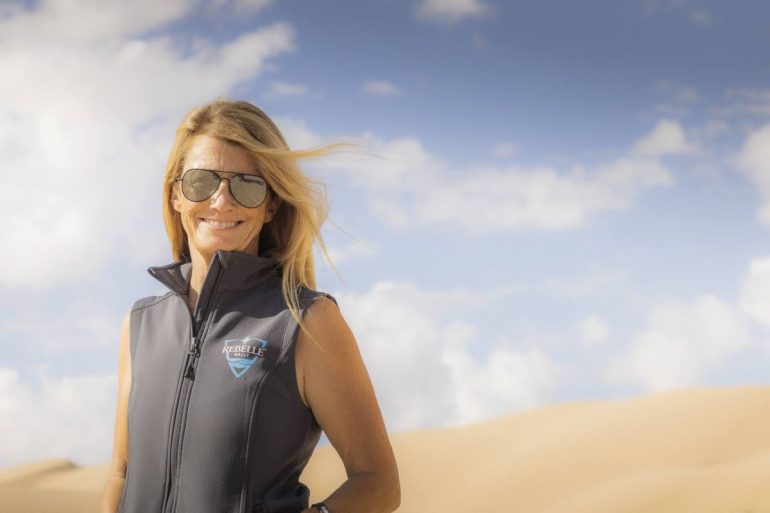When Emily Miller founded the Rebelle Rally, the first all-women off-road navigation adventure in the United States, her goal was not just competition—it was to create a space where women could test the limits of endurance, resourcefulness, and confidence. This pioneer, who has claimed numerous podiums in the world’s most demanding rallies, now guides generations of female drivers through the challenges of desert terrain and precision navigation. The tenth edition of the Rebelle Rally will begin on October 8 and run through October 18.
In an interview with FBL Magazine, Miller reveals what it means to be ahead of her time, how a community of women is built in a male-dominated sport, and why the tenth edition of the Rebelle Rally in 2025 is particularly significant.
This year marks 10 years of the Rebelle Rally – when you look back at the beginning, what are you most proud of in terms of how the competition has evolved?
– I am thankful for the 125+ team of staff that I get to lead and work with, and I’m thankful that we are an entire group that works toward continual improvement and having each other’s back, whether it be the course and competition side, operational arm, or media team. That has been made it very enjoyable because we all think about how to make it better instead of just a rinse and repeat approach.
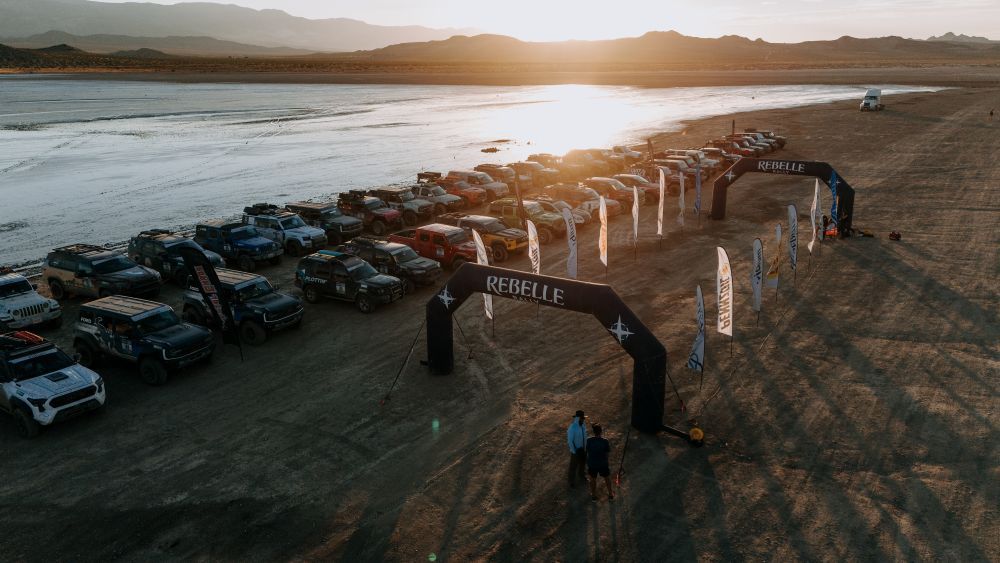
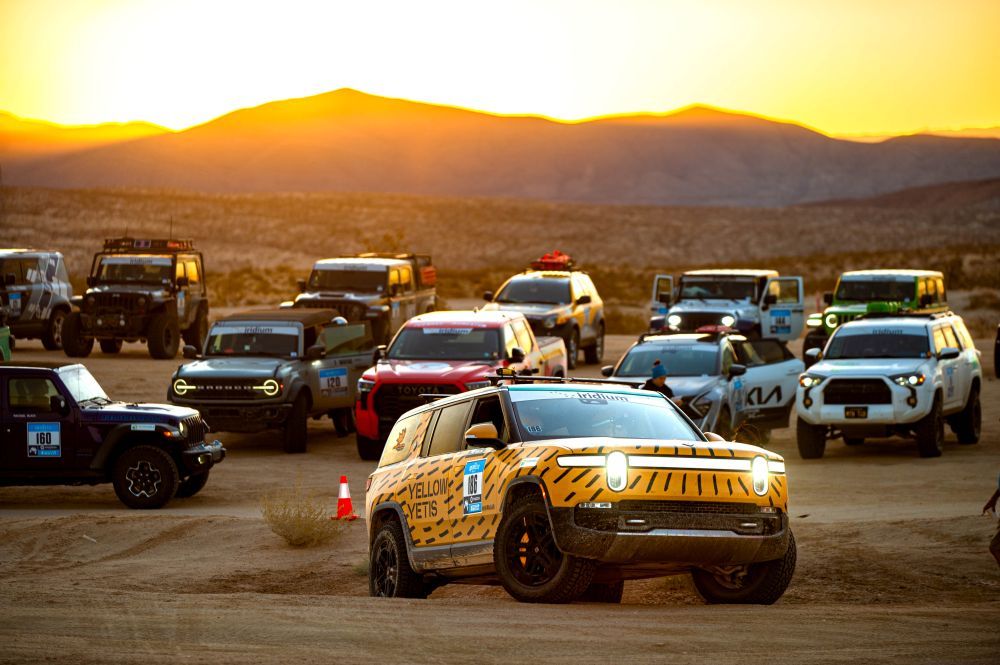
Given your own experience as an off-road champion, what was the driving force behind creating a format that relies solely on traditional navigation – with no GPS?
– I didn’t realize how much I improved as a driver and as a person until I competed without a GPS. I was forced to really learn the navigation and it took quite a long time, but it translated into so many areas of life both tangibly and metaphorically. I use GPS extensively to track, record and plan the routes and also in backcountry adventuring, but by shutting it off and not being able to rely on it built the foundation for understanding how and when to use it effectively. We have navigated for thousands and thousands of years and having people rely on their own skills and knowledge without technical devices reminds you that you are extremely capable.
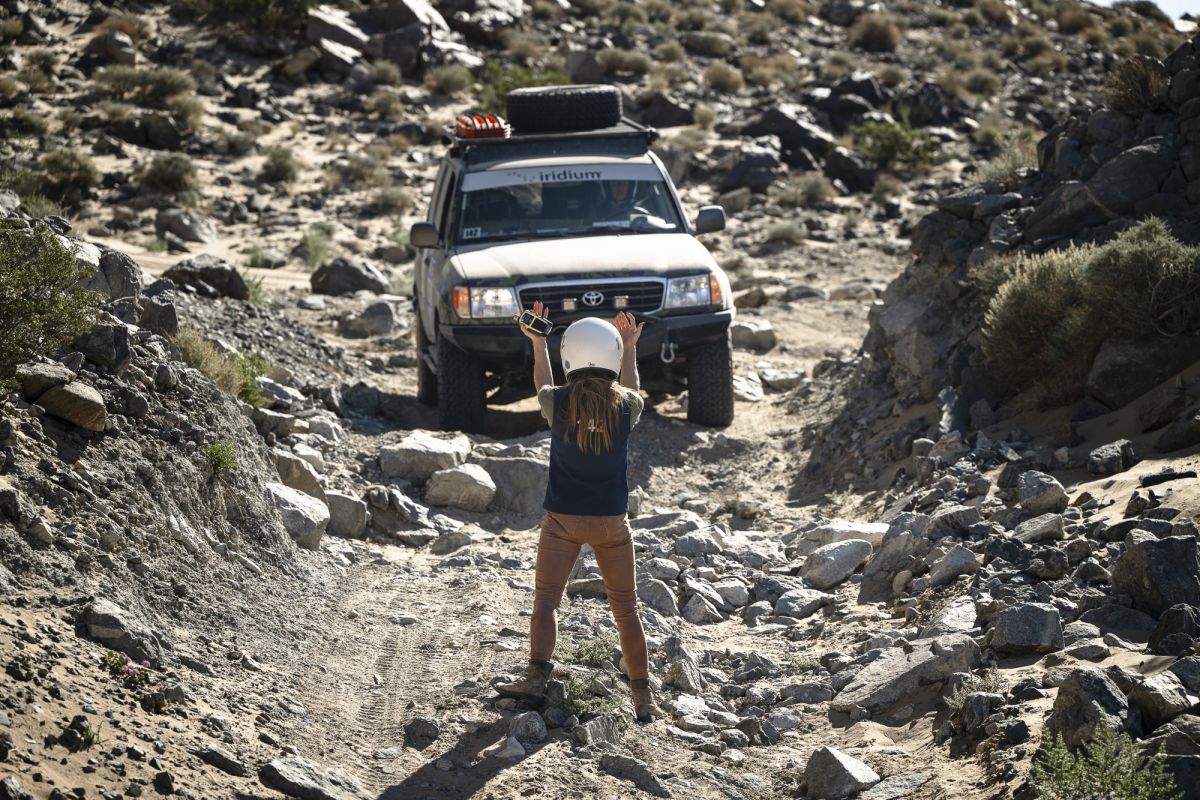
The Rebelle Rally is often compared to the famous Gazelle Rally in Morocco. In your opinion, what makes Rebelle unique and distinctly American?
– I competed several times in the Gazelle and also trained and took other women over to compete. Our similarities are that it is a multi-day rally and is for women, and there are several other rally brands globally for women. But outside of that, we differ a lot, especially in format and competition. We created the Rebelle Format which is extremely challenging both mentally and skill-wise. The Gazelle format is about driving the absolute straightest line possible for a handful of daily checkpoints, which would not work in the U.S. on public lands and sensitive desert terrain. I love Morocco, and spend a lot of time there, but the terrain we compete on in the desert in the western region of America is much bigger: bigger relief, elevation gains, and descents. The Rebelle reminds us that the American West is very special and so geologically diverse. But I do love the opportunity to use rally as a way to see the world beyond our own country!
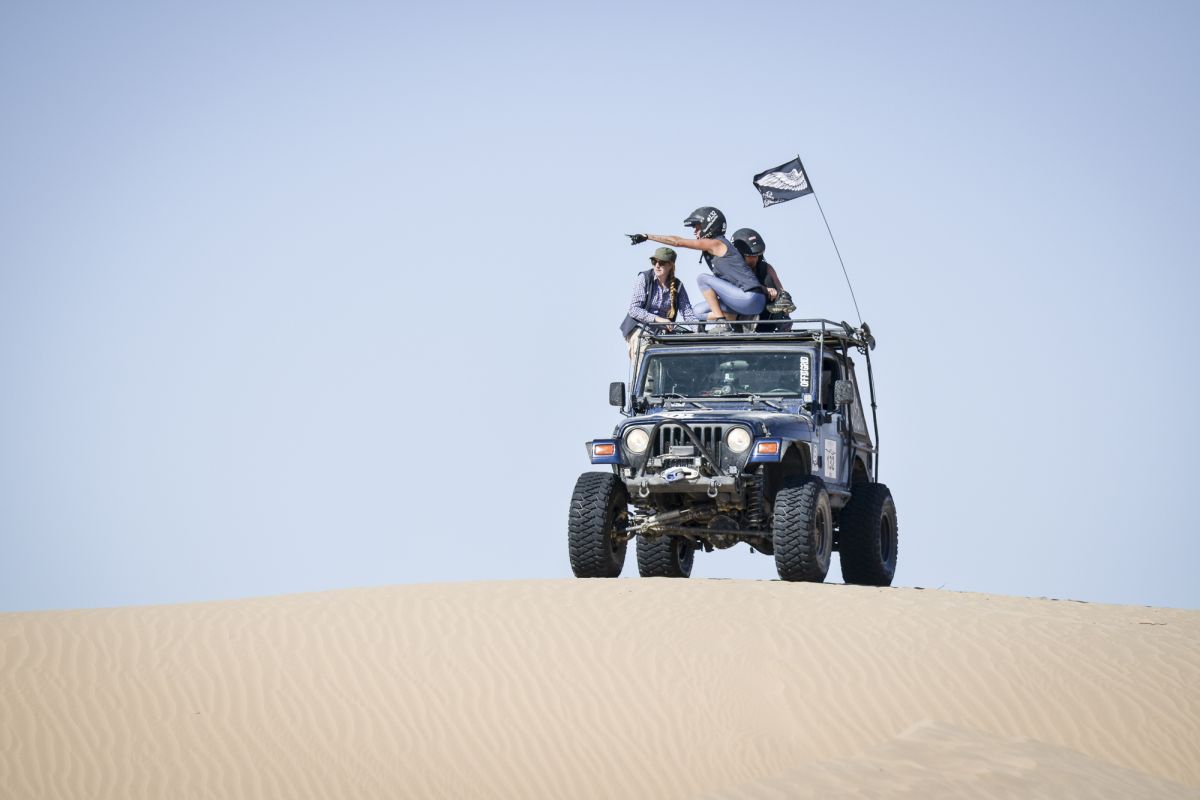
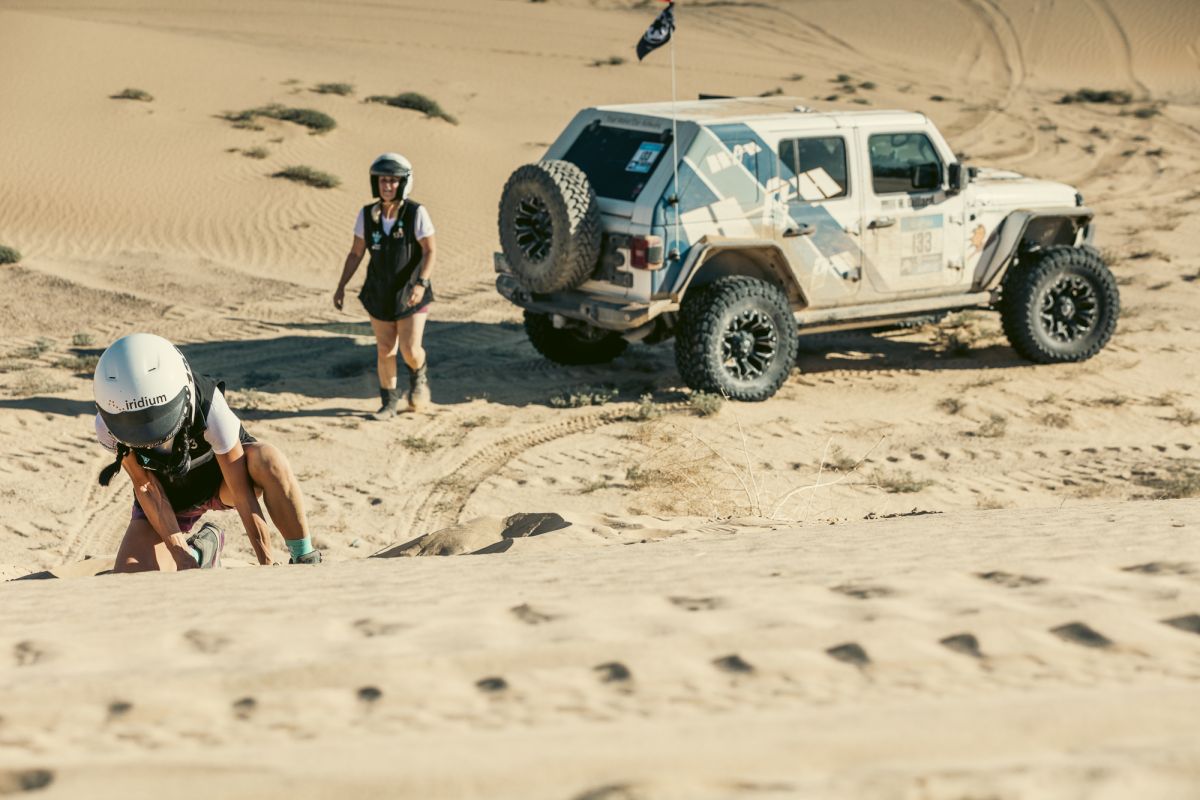
Over the past decade, what changes have you observed in the confidence and skills of participants – especially those who join without any prior off-road experience?
– It has been so uplifting to see the changes that happen from participating in the Rebelle Rally. The increase in confidence is palpable, and I would almost call it a calm, grounded confidence. The rally is so challenging, and no one gets every point available. Each day you make mistakes, and about mid-rally many competitors stop beating themselves up and learn how to quickly move forward. By the end, you realize that you don’t have to have a perfect rally to understand that you are a badass. I would describe the rally as a chance to break your own glass ceiling – maybe the one you’ve put there yourself or the one you feel is holding you back. You realize it is imaginary.
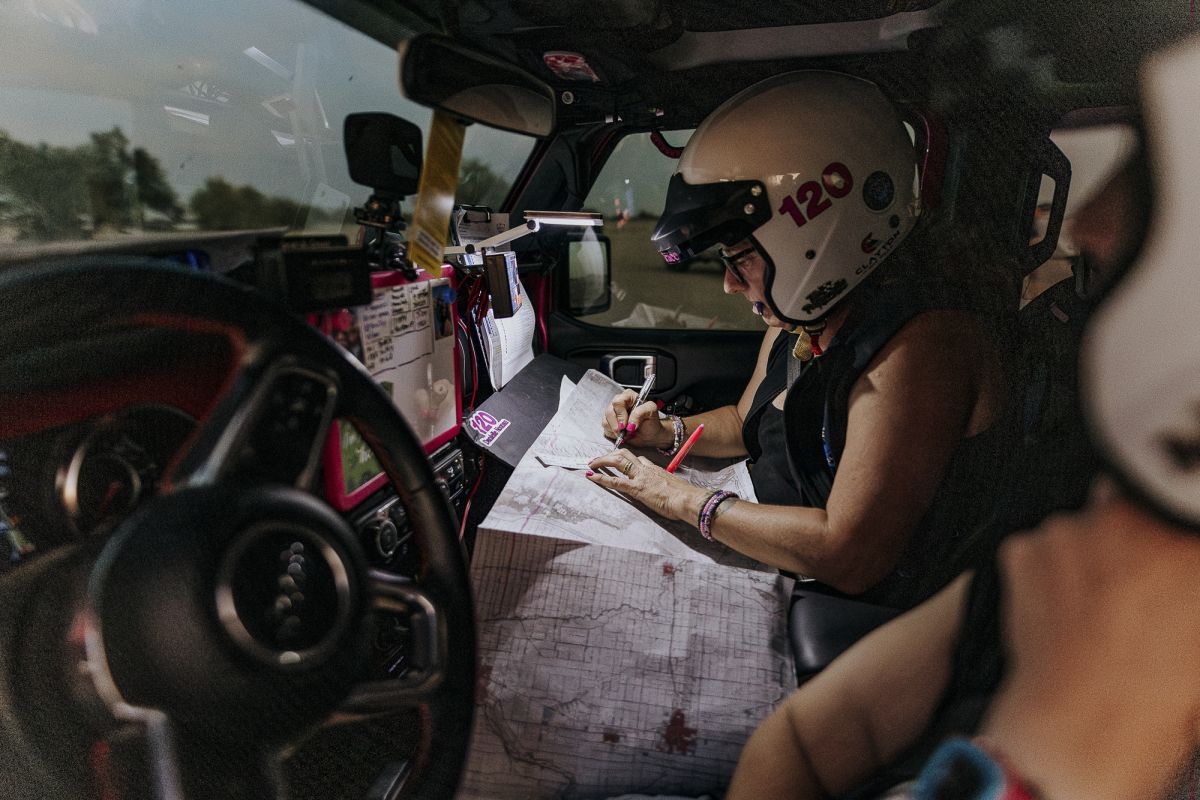
What has been the most challenging moment in organizing the Rebelle Rally over the years – and how did you overcome it?
– That is an interesting question, because challenging takes on many forms with the Rebelle. Weather situations have been very challenging from a pre-planning and mid-rally safety perspective. And there is no amount of work you can do to stop the weather. But also, the rally takes place on public lands. Two years ago, the government almost shut down the week before the rally. I sat under a tree next in the sand dunes in 120 degree weather for 24 hours and worked with our state senators on both sides of the aisle and other political figures to fight for us to operate. It was an extremely stressful couple of days because shutting down could have harmed the rally long-term from a financial perspective, and really let down everyone who had prepared so hard to participate. I could have sat and waited for the final word, but being passive was not going to work. I stopped what I was doing and worked every possibility and angle that would keep us operating. Stopping the rally was not an option so just letting it happen and feeling hopeless was not going to work. Complaining about it would only have taken valuable time. There had to be a path forward. It is wonderful to see what happens when you rally everyone around you that believes in what you are doing.
How important is it to you that the Rebelle Rally remains open to women from all over the world – and have there been international teams that particularly inspired you?
– It is very important! Plus, I love the international connections the women make that enhances their perspectives and life friendships. We had an incredible team of sisters a couple of years ago who heard about the Rebelle, moved to the U.S. and worked at Disney World and a camp to earn the money to participate. They bought a Jeep on the way to the rally with the money they saved up. I’m sure it was challenging with English not being their native language, but each day, they continued to improve and improve. They were very inspirational to everyone and to me personally. It was very humbling to think of the journey they went on to take part in the rally.
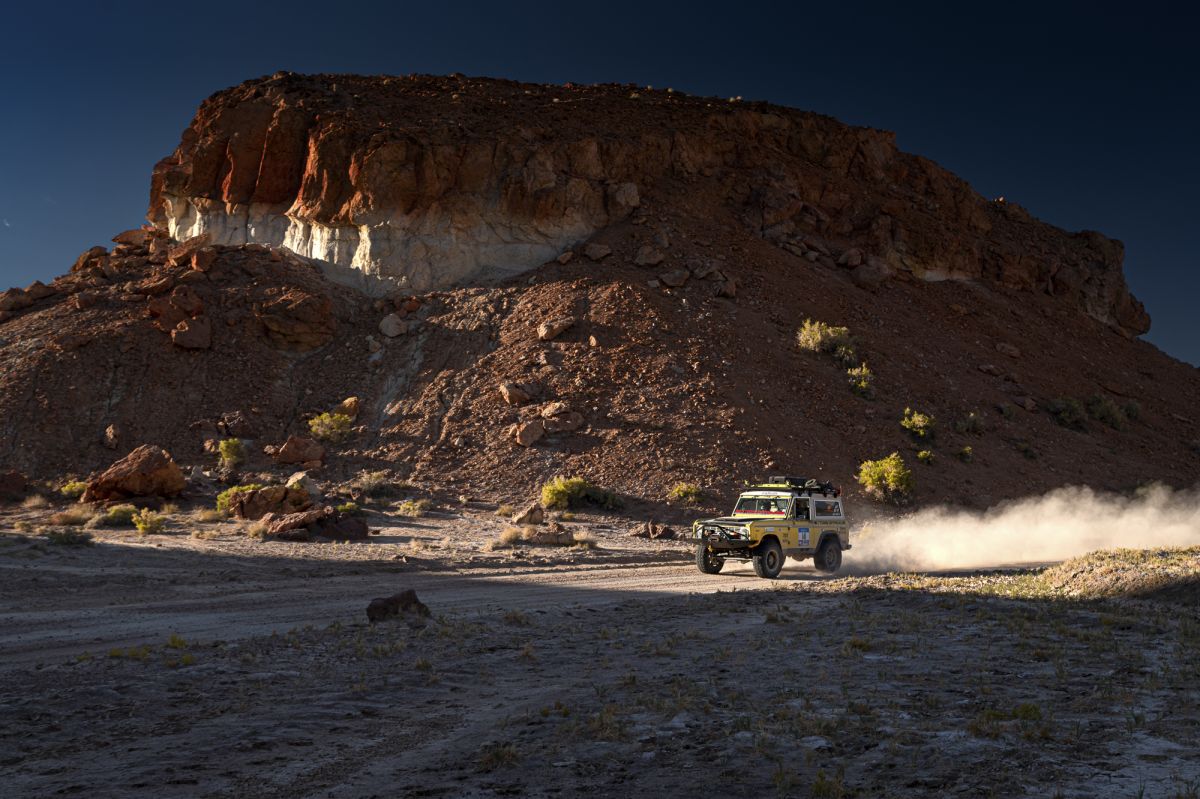
With technology constantly advancing, have you ever considered introducing digital tools, or is analog navigation essential to what Rebelle represents?
– We do allow people to use a digital calibrated odometer. But beyond that, the Rebelle format is core to the competition. I’ve competed in GPS events and rallies, and they are great.
Rebelle is not just a race – it’s a test of mental endurance, teamwork, and strategy. In your experience, what team qualities lead to the greatest success?
– Respect, leaving unhealthy ego at home, strong communication skills, and knowing how to keep it simple.
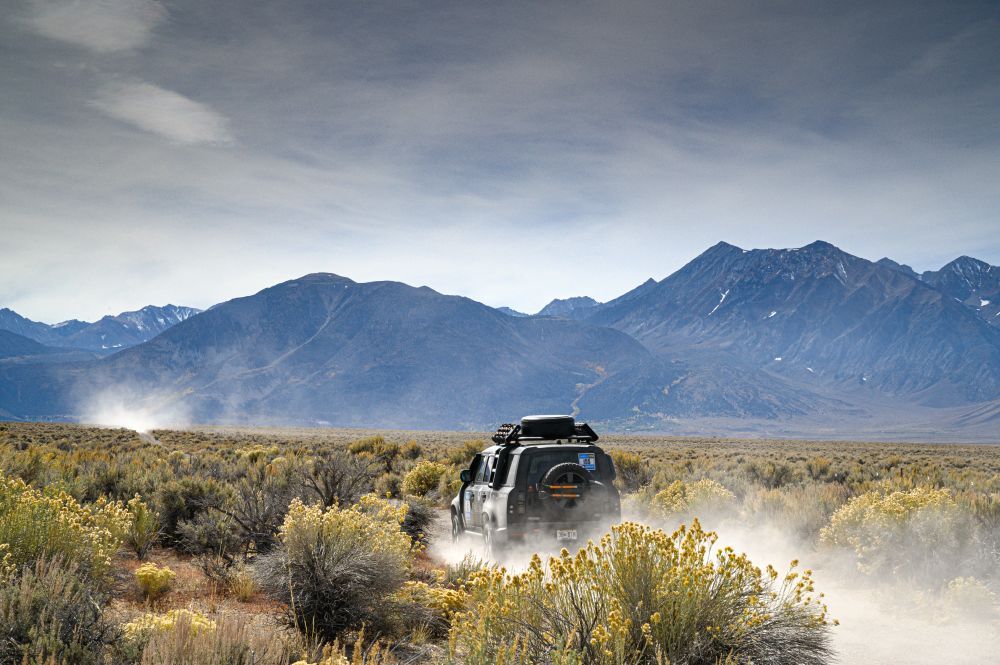
What kind of change would you like to see in the automotive industry when it comes to female representation – and how does the Rebelle Rally help drive that change?
Rebelle helps give women a platform to shine. I had one woman tell me she got a big promotion at work after her boss told her that he didn’t know she was such a badass. Often, the regular work day or routine doesn’t give people the opportunity to show what they are really made of. I really applaud the automotive companies that are putting in their employees, such as Toyota, Magna, BMW, Honda, etc. It is helping to build better teammates and leaders, but also allowing these employees to really live in the vehicles they design and sell, leading to a better understanding of the product strengths, weaknesses and connection to the consumer. And that was one of the goals of the Rebelle Rally since the beginning. On the topic of change, I’ve learned more about level of unconscious bias that still exists when it comes to women and it is perpetuated by both men and women. I hope we can be more cognizant and recognize when it is happening and prevent the unintended outcomes that unsubstantiated, unfounded bias causes.
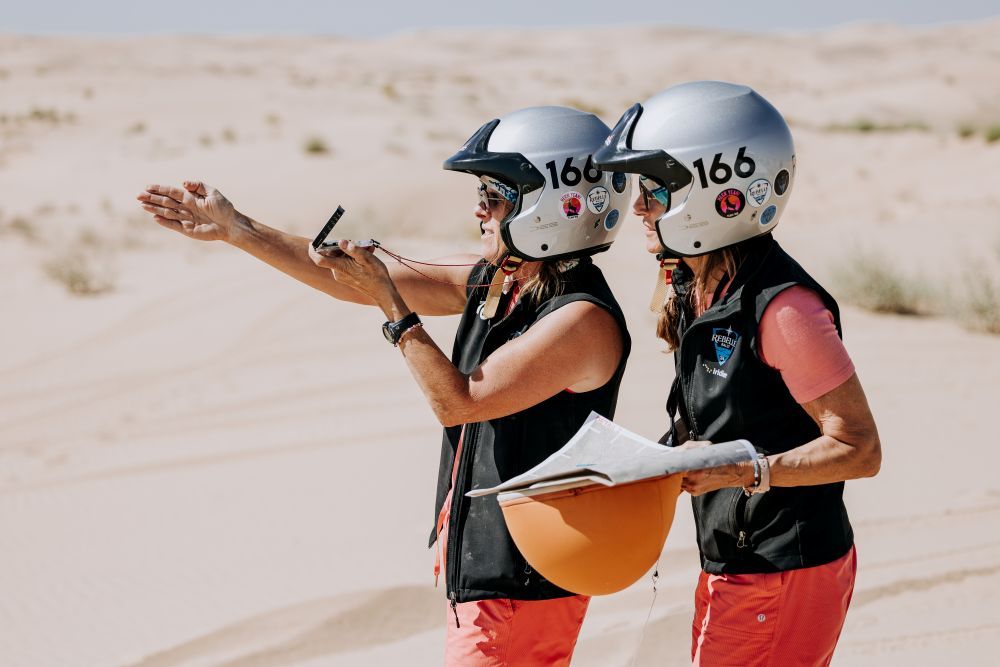
When you imagine the next 10 years of the Rebelle Rally – where do you see it going, and what legacy do you hope it leaves behind?
– We have some good things in the works and coming up. But one major goal is that we deliver on the promise that girls and young women will have the Rebelle Rally to compete in long after I’m gone. It’s not easy to make the Rebelle happen every year, but it is worth it.

